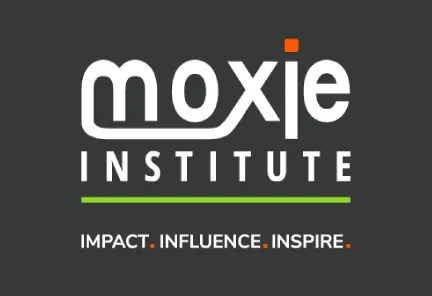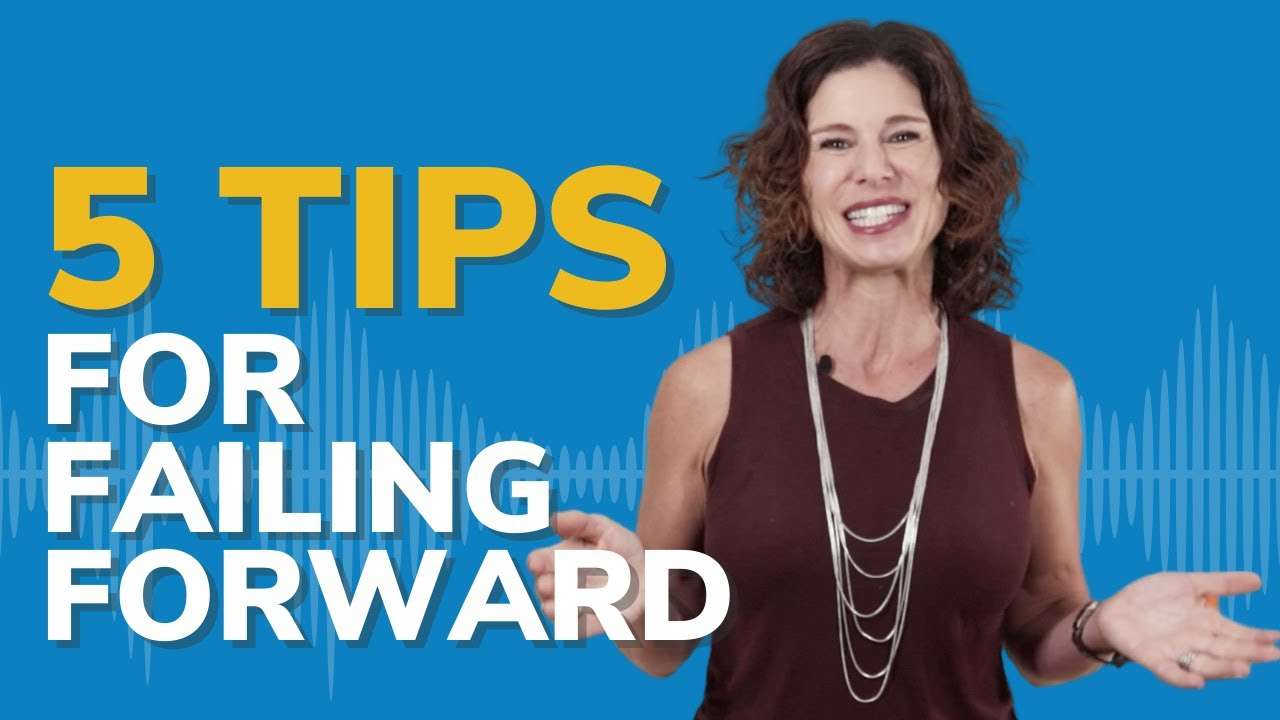You’ve heard of “zero-effort” guides to memorization or tricks to streamline the memorization process.
But at the root of all of those quick hacks is the basic truth: There’s no substitution for practice and rehearsal. Rote memorization is a necessary evil–and how could it really be pure evil if it’s the key to a successful talk or presentation?
It’s been said before, but it’s worth repeating: To be truly “off the cuff,” you need to be intimately familiar with what your talk is about. Your talk needs to be second nature.
The benefits of memorization have been hashed and rehashed, from avoiding the unnerving situation of only knowing a shadow of what you’d like to say to knowing what questions and issues to anticipate, like how Michael Phelps prepares for his races via visualization. You know you need to do it.
So what’s the science behind it and what are some practical approaches to do it effectively?
NEUROSCIENCE OF MEMORIZATION
Do you know why sleep is so important? It repairs your immune system and allows your brain to process and move information you’ve acquired from short-term to long-term memory.
What that means: Don’t pull an all-nighter trying to memorize your speech. It’ll result in only a surface-level of familiarity with your speech and a higher risk of simply blanking out in front of your audience.
Your short-term memory, or working memory, is useful for juggling a phone number until your write it down. But if you want to understand a concept and be able to explain it, you need your long-term memory.
Think of the difference as storing photos in your Cloud versus downloading them to your computer. When you don’t have internet, or a memory aid such as notes, those files are inaccessible. But if you download them to your hard drive–store them in your long-term memory–you have your photos or facts at any given notice. No internet required.
YOU CAN’T REMEMBER WHEN YOU’RE SCARED
Another reason you shouldn’t pull an all-nighter: You can’t memorize when you’re afraid. And if waiting until the last minute to memorize your speech doesn’t scare you, it should.
Going without sleep won’t only prevent you from learning your speech–it will incite the fear that comes with ill-preparation. And that will only compound your dilemma.
Mindfulness meditation has been shown to improve memory. It makes perfect sense: Fear constricts the blood vessels in your brain, making it harder to think. When your body is in “fight or flight” mode, it’s nearly impossible to remember the details of your talk, let alone the nuances that make it compelling for your audience.
Breathing exercises such as diaphragmatic belly-breathing will oxygenate your body and relieve stress in the short-term, but once again, proper preparation will alleviate nerves from the start. Starting your memorization process early on will eliminate that last-minute horror that results in an all-nighter.
THERE’S AN APP FOR THAT
Now that you’re sufficiently scared, it’s time to learn ways to start the memorization process from the get-go and relieve your fears. Once again, there’s really no shortcut to completely memorizing your speech, but there are tools to help you practice.
If note cards are just too analog for you techies, here are a few apps to help you quells your nerves with preparation:
Rehearsal Pro is the predecessor and more cost-effective version of Rehearsal 2, featured in the New York Times, Fast Company, LA Magazine and BACKSTAGE. It’ll help you learn techniques that trained actors use to memorize large chunks of text. Learn lines like the pros and enter your presentation prepared.
Script Rehearser is a great app for presenters and actors alike, It enables you to save dialogues or speeches, edit the text if necessary, and record and playback the pieces you’re practicing. This will allow you to memorize and see which areas you tend to rush through or let drag on a bit too long.
Mind Vault has you input whatever you’re trying to memorize and then quizzes you as you practice, checking your voice against the stored text. Rote memorization is still very much a process, but now you have a visual on your weak spots. Hone in and practice those trouble areas until you have them down.
Giving a talk to any audience–a boardroom full of associates, a teleconference meeting or on a stage to strangers–is nerve-racking. Why add to those already-on-edge nerves by being ill-prepared?
Starting the process of memorization early will nip those nerves in the bud. When you’re relaxed, your audience will be relaxed, and everyone, you and your audience, will remember what you have to say.









